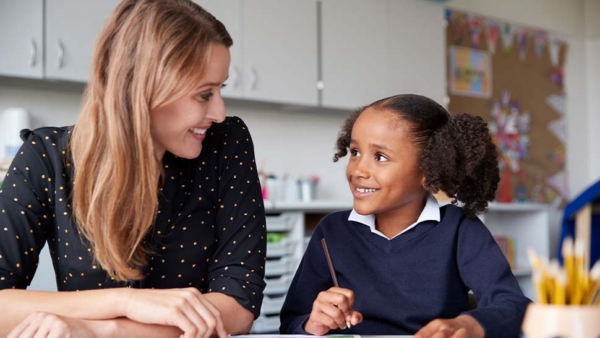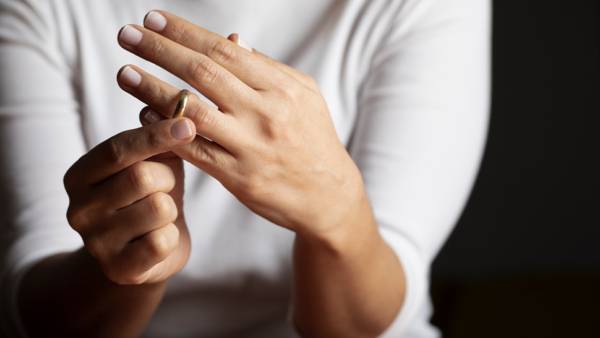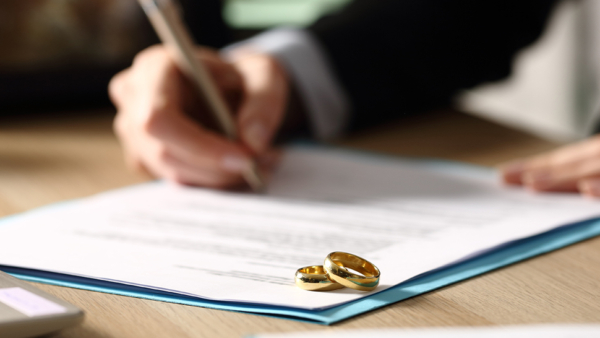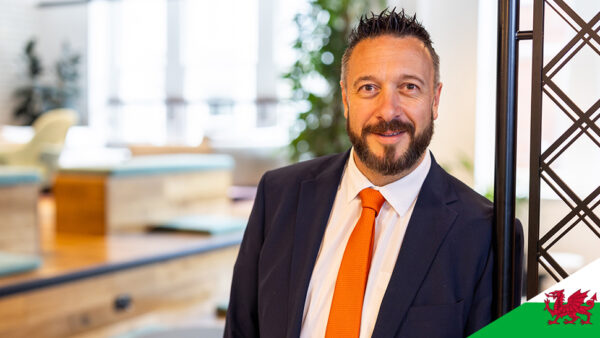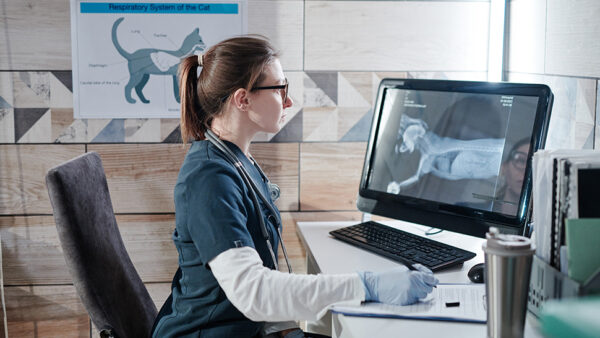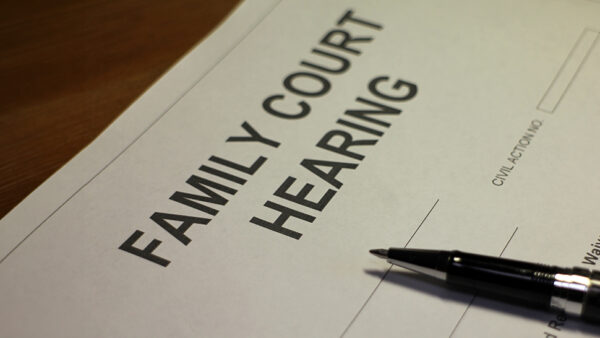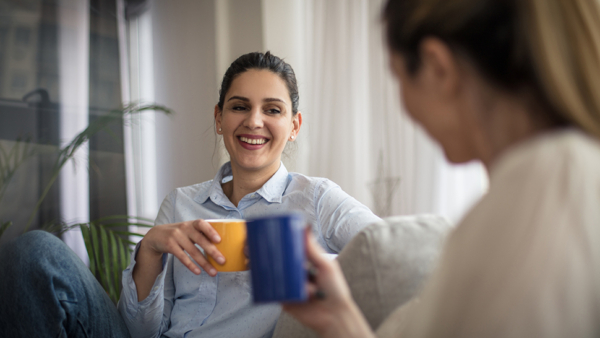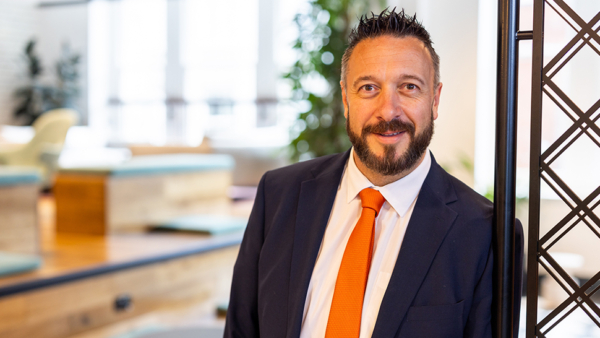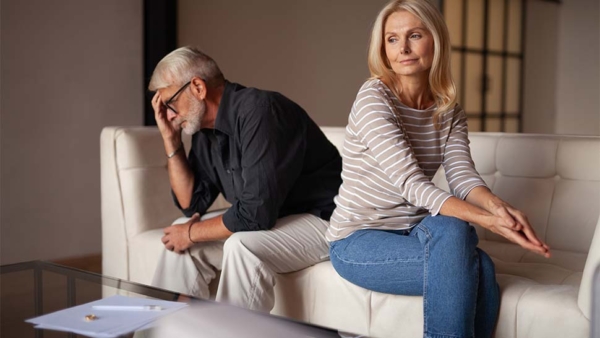
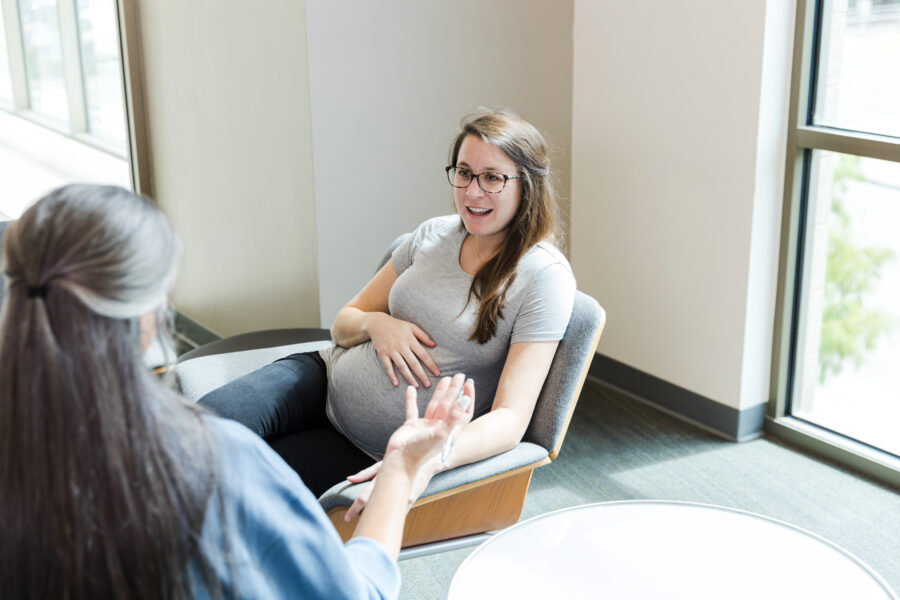
Sarah Jones is Chief Executive of SurrogacyUK, a non-profit organization whose ethos is “surrogacy through friendship”. Sarah, who has been a surrogate 5 times, shared her personal experiences of surrogacy with me.
What made you decide to become a surrogate? Had you been considering surrogacy for a while?
“Initially I had seen a little ad for being an egg donor and I hadn’t really thought about it much before that. I answered that ad and went down to a clinic in London. I didn’t end up going down that route because it was anonymous, and it didn’t sit very well with me. I revisited the idea a couple of years later and that’s when Surrogacy UK just started. It fitted much better with my values, so I reached out to them and really got on board with their ethos. I was lucky that I met my first IPs and I’m still friends with them 2 decades on. It sat with my values that the child would always know where they came from”.
Does it affect the children knowing they are born via surrogate?
“At different ages, it does. It’s no different watching my children grow up. When they were really little they were really accepting that mummy’s tummy was broken and mine wasn’t. As they got older, you had to be more forthcoming about it. For example, at school, they are asked to do things/projects about their families, at 14 they’re teenagers, and it’s as they’re adults that it is now this is my life story, my mum is my mum, my dad is my dad. It’s important that they have good self-value.
I can see where issues come from in not telling children. That openness has got to continue for the wellbeing of the children and the adults. It was never something you have to be told; it’s always been something that has just been known. That’s how surrogacy is. They ask about how they were conceived. It’s not even a sit-down conversation, just a passing question”.
How many times have you been a surrogate and how old are they now?
“I’ve been a surrogate five times. G is 20, M is 19, E is 12, E is 7 and A is 3”.
Did you go through the gestational or traditional route?
“At the beginning, I made a personal choice before I met any IP that I wanted to do traditional surrogacy. My initial route was through egg donation. At the time I had a young daughter, I didn’t have the commitment to be running to clinic appointments etc. The IPs did all the travelling and I didn’t feel obligated to travel down. When I went through gestational surrogacy, it was a straight surrogacy home insemination which worked. With my last, he was via host surrogacy”.
How did you and the Intended Parents “match” with each other/find each other?
“My first couple, I sat next to them at a social event. We sat and got chatting. We both said it felt like we’d known that person forever and we built that relationship up.
With my second couple, I’d known them for as long as I’d known my first couple. They felt lots of pressure as an IP. As soon as I got pregnant with my first surrogate, the relationship between us settled.
My third couple, I met online initially. I’d read their diary and their profile and I was interested in getting to know them and we went to a park and met up.
My fourth couple, I had been their support couple for their first surrogacy journey and we built up this friendship over 5 years or so and when they went through it a second time, I offered to be their surrogate because of the relationship we already had.
I don’t think I could have gone through it with someone I didn’t feel connected to. The process is a rollercoaster of emotions. One of my Intended Fathers was American and I said the consultant will make me cry because they will make me do things I don’t want to do. He said he would back me. The baby was breach but because I had the friendship with them, they trusteed me to do the right thing and backed me up. Even my husband caved when I told him once that I wanted an epidural”.
How much contact do you have with the IPs and children you have been a surrogate for?
“The oldest, well she’s 20 now and mostly out so I rarely see her. She’s not that fussed if I’m over. I’ve always been her mum and dad’s friend. I tend to see the IPs more. With my second IPs, we make sure we see each other a couple of times a year. They still believe in writing letters to me so that’s lovely. Mike and Nick are the parents of surrogate 3 and 4, they live in Barcelona now so everything has to be planned. When I visit them, I tend to go over there for 4/5 days at a time. With my last surrogate, we speak almost every day still via whatsapp or some other platform”.
How did your family take you becoming a surrogate?
“My family worried about me emotionally and personally. At the beginning they staged an intervention. They sat me down in the front room and said I was making a mistake. They genuinely thought a rich couple was taking advantage of me. My mum really relaxed into it when they met the couple and she said oh they’re normal. My mum was outside the delivery room and she got a cuddle once the baby was born. The second time, nobody batted an eyelid. It works if you involve them at the beginning.
My mum found it hard to not see them as her grandchildren, but after the baby was born she said actually she didn’t feel like that. It was definitely a concern for her at the start and I think that is something that goes largely unspoken about and that it does have an impact”.
What about your husband and children, how did it affect them?
“My eldest child went through the whole process really well. She has independent relationships with the surrogates. The relationship my children share with them is their own. It helped knowing the IPs wanted a relationship with my kids. I’ve got a 16 and 15 year old and my first IPs are my younger children’s godparents. I don’t think I would have been comfortable working with someone who didn’t want a relationship with my kids. My teenagers are really grumpy, but when I say let’s go visit one of the surrogates, they always come along.
My third surrogate who is 12 now and my son is 15, and I heard a conversation where they were talking about adding each other on some game thing. That’s the kind of relationship they share.
My husband was really good. I met him after I’d had 2 surrogate babies. He was very on board with it. We went to social events and it was actually he who suggested it. He said have you ever thought about being a surrogate again and I said I thought I would. Including him in the decision making was really important”.
Did you suffer from any effects when you were a surrogate?
“The last pregnancy was during covid which was a nightmare in itself. I spent a lot of the appointments alone. Because of covid as it was completely banned. In all my other
pregnancies, I had my IPs there. With my last one, I was having to take in all this information and relay it to the IPs. I have a condition called placenta previa and my IPs were worried about me going into labour and there being complications. The medical professionals were really supportive and I gave her permission to email the IPs so that she could answer any questions they may have.
When it came to choosing a clinic, we were practical about it. We chose a clinic that was halfway between us. We had lots of conversations beforehand about the protocol. With my last surrogate, I was started on a medicated cycle for and realized it wasn’t working for us. It was affecting my body and emotions. We pushed for a natural cycle and that worked really well.
I have always had and encouraged open dialogue with my IPs and equally, they were good at balancing their want for it to be successful and the impact the drugs were having on my body. If it’s successful, its successful. You do have to be your own advocate. Essentially, I am going through IVF but I am fertile. So there’s nothing wrong with me getting pregnant. Medical decisions were down to me but we had talked about every eventuality well in advance. We even discussed termination and drilled down to specific details; it’s necessary to cover things like that. Self-reflection is important. If you’ve got an opinion you’ve got to share it. I couldn’t have worked with someone who would have tried to control my decisions. For some IPs, the lack of control is an issue, and it is really difficult for some people. I could not have been an IP because of my need to control.
We work together with IPs in getting them to recognize their anxieties. It necessary to open those conversations and discuss what you think might happen, what’s the worst case scenario. SurrogacyUk has the rule that we will always support the surrogates choice. There’s not a lot control in surrogacy or IVF. It will either work or it won’t”.
What requirements do surrogates have to meet?
SurrogacyUK have an admissions policy. Potential surrogates have to be over 25 if they do not have children or over 21 if they have children. But even then they would be considered very young and it would go to a review panel. Clear DBS checks are carried out for them and partner. They also need to complete a health and wellness form. This covers emotional, health physical health, emotions. It is really rare that we have anyone who drinks or smokes. Next, they have to have an application review with a counsellor before they’re allowed to be a member. They have to prove they have understanding of the process, the implications etc. various other things like BMI”.
Is there an age limit to become a surrogate?
“We do have surrogates over 40 and 45. If they are over 45, we ask them to find a clinic who would work with them. They usually have to have a scan, but there’s only a handful of clinics who would do this”.
What are your thoughts about the proposed reforms?
“I think they are as good as they are ever going to get at this point. There are some things I’m concerned about with the new law changes. I’m glad there are no legally binding agreements or anything that takes away the surrogates choice, I’m really pleased that that hasn’t come in. Things like the advertising laws opens up to predatory advertising where it offers surrogates the world; I wouldn’t want to see that happen with surrogacy. Did you know that at freshers fairs, they are now including egg donation leaflets? That’s scary”.
